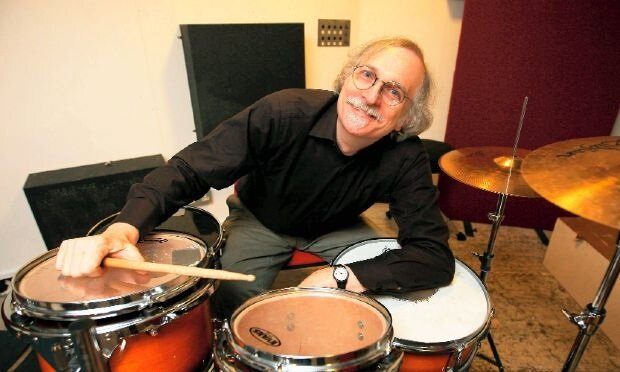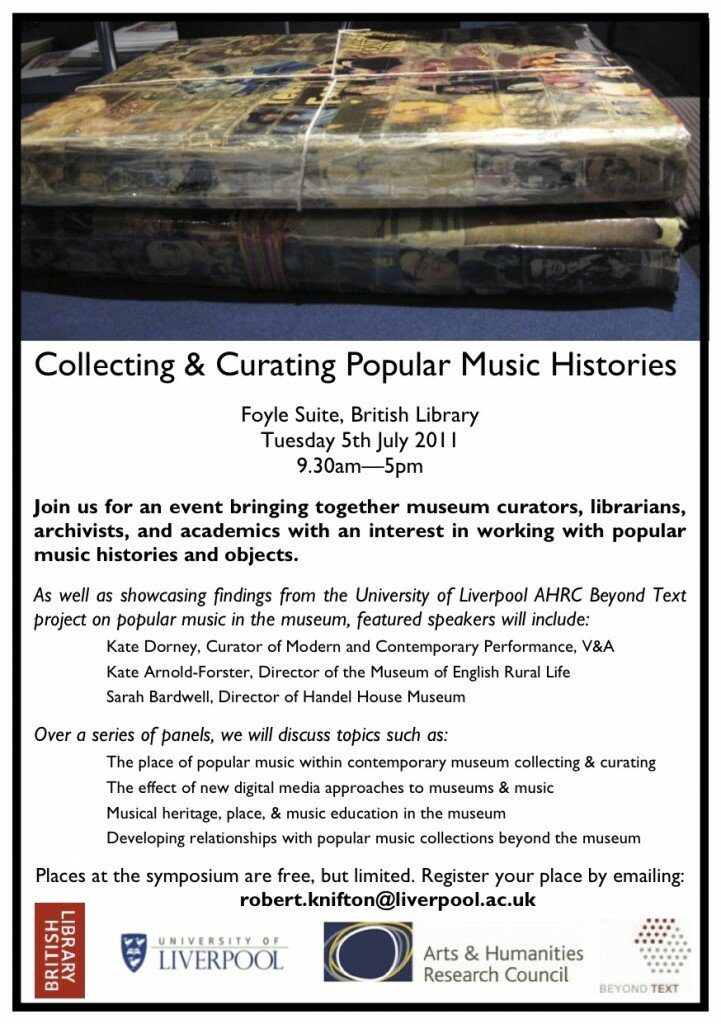Hello, my name is Lisa Wiedemann and I am an intern-to-be at the Birmingham Centre for Media and Cultural Research. Before meeting the School of Media team personally, I would like to introduce myself.
After I finished my studies in Sociology, Cultural Studies and Educational Science at Friedrich-Schiller-University Jena (Germany) last year, I was looking for some practical experience within the broader field of cultural research. Digital Culture has been a main area of interest for my own research, but so far it has been from a theoretical point of view. It has been concerning the development of identity in consumer culture, and I will talk about this a little further on.
Since I am interested in British Cultural Studies and digital culture, I was really happy to discover the friendly people of BCMCR during a long click-journey through the Internet. I don`t know any other research centre, with such a mixed focus on current media and cultural issues: especially Social Media, which pervades so many lived experiences. I particularly enjoyed the content on Social Media as it identifies our interactive culture as a creative tool, rather than simply as a communication channel or networking device.
I am especially looking forward to familiarising with strategies of music organisation and music consumption in the Digital Age. Reading music magazines and writing fanzines has been a huge part of my own youth and I was a big fan of British bands – “The Smiths” for example.
As a student of sociology I associated Birmingham with the Centre for Contemporary Cultural Studies, which is well known for interdisciplinary research. I have a similar impression of the Interactive Culture team and I am sure I will learn a lot about different approaches toward media analysis.
My thesis was about the lifestyle and fashion blogs of girls; typifying the aesthetication of their everyday life. For instance, in these days of time-space-compression, a young urban subculture shares with the online community what they have worn during the day, what they have bought in the afternoon or what they have eaten in the evening – a pictoral and written summary of lived experiences. Thus I considered the relationship between media transformation and self-constitution of modern subjects. At first this might seems to be similar to the long tradition of cultural criticism in the field of sociology, like the idea of economic self-exploitation through cultural capitalism (consumer market prescribes stencils for lifestyle and forces distinction and individuality). My key interest though was to show how far these weblogs are part of life`s organisation in contemporary culture. Web blogs as online strategy embody what the French philosopher Michel Foucault called “Technology of Self” (Foucault). These days it is important to be creative, to show individuality and to distinguish oneself from others – we could say these are the demands made on modern people. By producing a personal web diary I think fashion bloggers become practitioners and not just observers, taking pictures of their lifestyle or writing about their consume experiences. It was also important for my work to examine the gender aspect of using these new technologies. After receiving my degree I taught about gender and consumerism at the University of Hildesheim.
I believe my time in the School of Media will better inform my interest in popular culture particularly around my main areas of interest (Gender, DIY Culture, Social Web, Cultural Theory and the fading dividing line between work and leisure). I am also interested in research that utilizes academic expertise in a consultative capacity to assist public bodies, commercial companies and community organisations.
The Interactive Cultures Team envelops a vast spectrum of new areas of potential research for me, such as traditional forms of broadcasting and print: popular cultures; cultural policies; media education; creative economies, radio studies; journalism and PR and music heritage.
Certainly after 6 month internship, I believe I will have developed my sense of direction regarding my future academic plans and maybe have developed ideas for my PhD. I’m looking forward to joining the Interactive Cultures team and meeting people in the so called “Treehouse” – I guess everybody likes the idea of climbing great heights!


